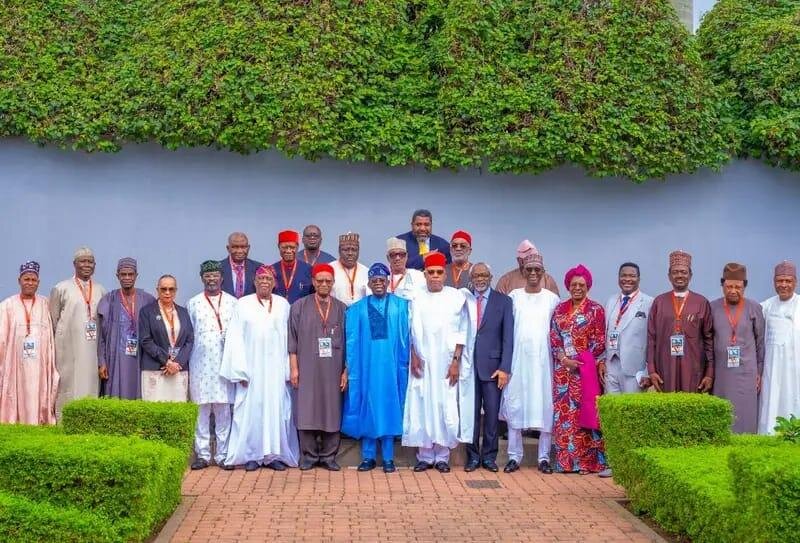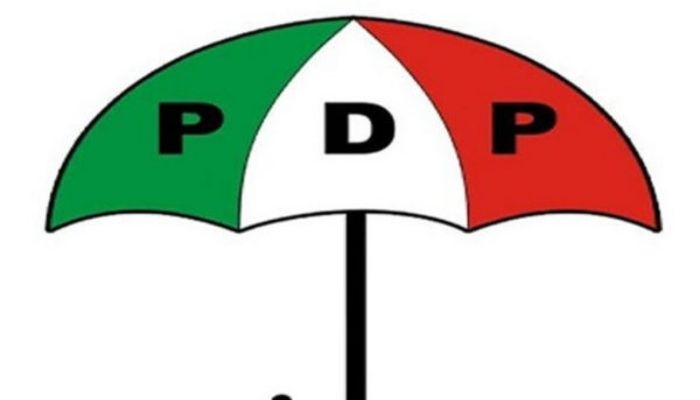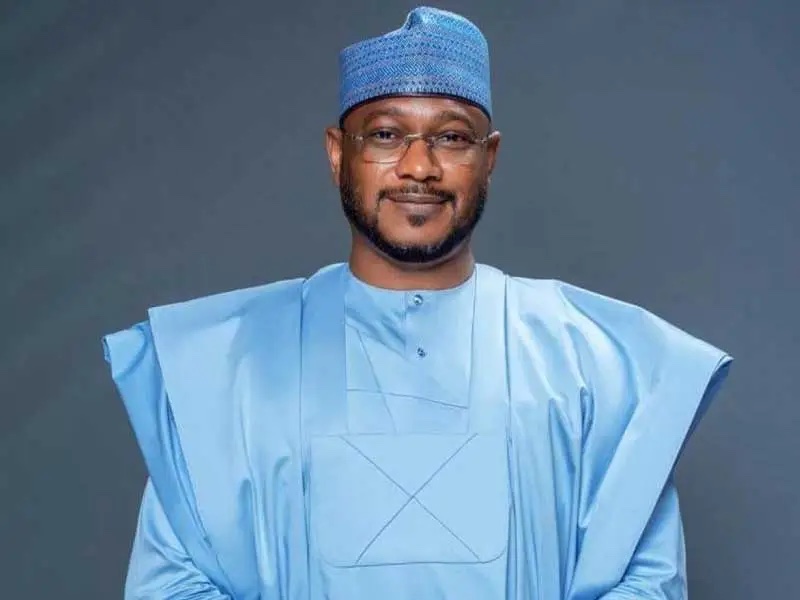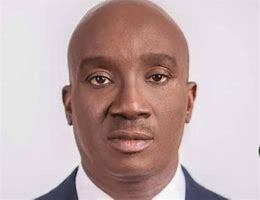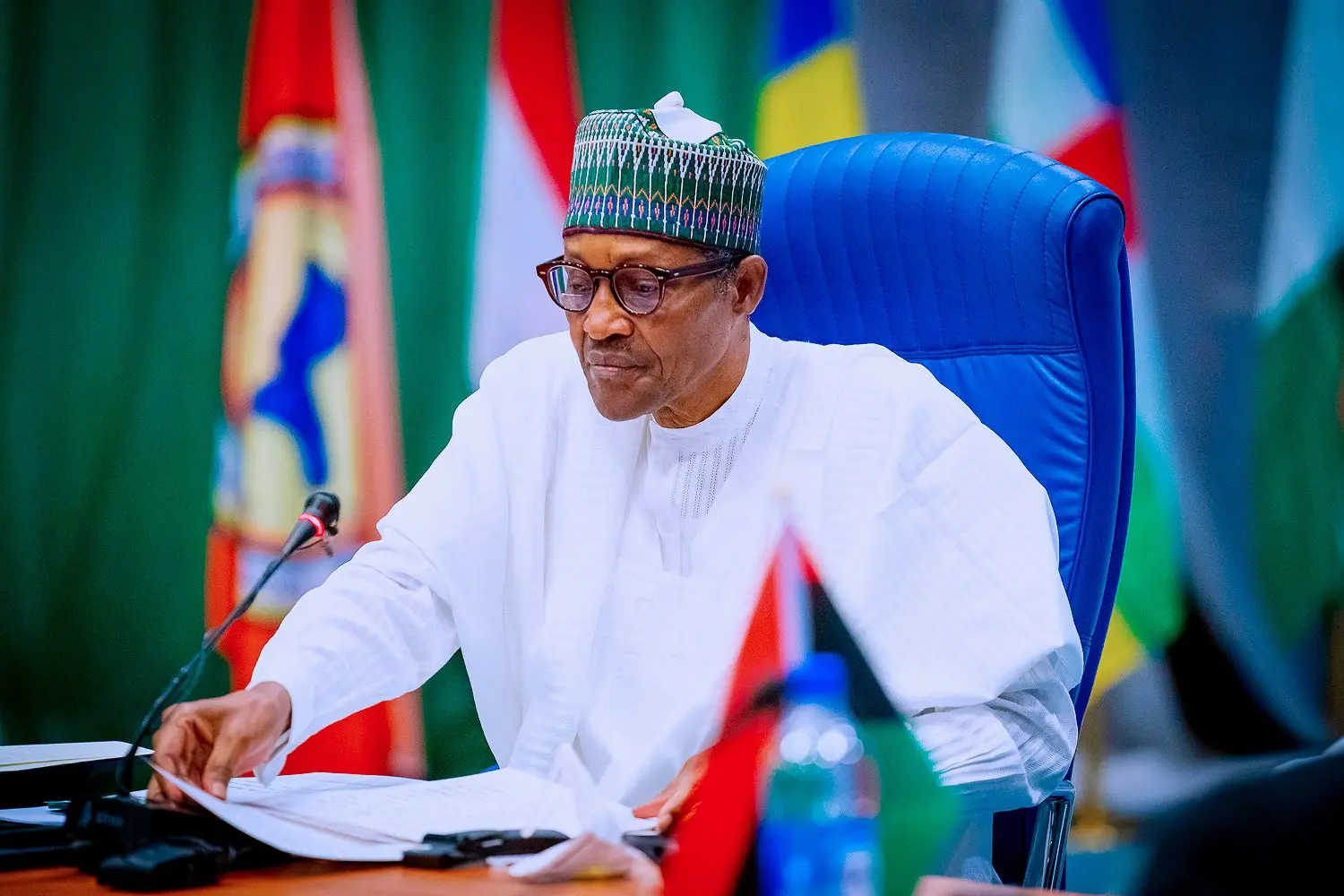By Paul Ejime
Abuja, Aug. 12, 2024 – Eminent Nigerians under the aegis of The Patriots, led by former Commonwealth Secretary-General, Chief Emeka Anyaoku, have met with President Bola Tinubu to make the strongest case yet for “a new legitimate Nigeria People’s Democratic Constitution.”
This is not a new request or demand, but it takes a new dimension coming at a time when Nigerians, particularly youths, are calling for *#EndBadGovernance* as part of nationwide protests including against hunger and economic hardships.
Nigeria’s “…present constitution is illegitimate and cannot deal effectively with the myriad challenges facing the country,” Anyaoku said in a statement he read on behalf of the group during their audience with Tinubu on 9th August 2024.
He added: “We believe that if Nigeria is to effectively tackle its myriad challenges and achieve its potential as a politically stable democracy, it must restructure its present governance system to truly federal system based on the factors recognised by Nigeria’s founding fathers who negotiated and agreed the 1960 and 1963 constitutions.”
Lauding Tinubu’s personal record “as one of the great champions” in the struggle to restore democracy to Nigeria, Anyaoku put the Patriots’ requests before the president most eloquently, with a patriotic passion through his velvet voice.
One of the requests is for the president “to send to the National Assembly the President’s Executive Bill, which would call for two important measures – first, convening of “a National Constituent Assembly with a mandate to produce a draft People’s Democratic Constitution.”
“The Constituent Assembly, he said: “should be of directly elected individuals, elected on non-political party basis,” from Nigeria’s 36 States and the Federal Capital Territory (Abuja), possibly three (3) individuals per State and one (1) from the FCT.
The Patriots further requested that the Constituent Assembly should be assisted by seven (7) Constitutional lawyers, one (1) from each of the six (6) Geopolitical Zones and one (1) from the FCT.
The deliberations of the Constituent Assembly should take into account the Recommendations of the 2014 National Conference and other conferences on Nigeria’s constitution, said the Patriots, who also called for a National Referendum to which the draft constitution should be subjected, and if approved, the document should be signed by the President to become the “Genuine Legitimate Nigeria People’s Constitution.”
Anyaoku said that in March 2024, the Patriots organised a well-attended colloquium where it was unanimously agreed that Nigeria needs a new Democratic People’s Constitution.
In their statement, the Patriots, “a non-partisan group of eminent Nigerians, who are committed to the unity of our country and good governance of our country under a legitimate people’s democratic constitution,” also affirmed that “Nigeria is a pluralistic country.”
“…pluralistic countries exist all over the world.
Those of them that addressed their pluralism by having true Federal Constitutions have survived,” Anyaoku said, citing India and Canada.
On the other hand, he said that pluralistic countries that failed to address their basic challenge of pluralism through the Federal Constitution have ended up disintegrating, citing Yugoslavia, Czechoslovakia and Sudan.
From 1990-2000, Anyaoku, now a nonagenarian and an internationally renowned Statesman led the Commonwealth, a mosaic of 54 nations across the globe with diverse cultures and peoples, different governance systems and at various levels of development including some of the richest and the poorest.
As the third Chairman of the Patriots and in his capacity as a senior traditional Chief in his home State of Anambra, in south-eastern Nigeria, the former Commonwealth Secretary General has earned the accolade as a seasoned peace-maker and bridge-builder astute in preventive diplomacy, conflict resolution and management, locally and internationally.
In 1998, during one of Nigeria’s critical moments, following the sudden death of military dictator Gen. Sani Abacha and Chief M.K.O. Abiola, the acclaimed winner of the military-annulled1993 presidential election who died mysteriously in prison, Anyaoku was in the forefront of mediation efforts along with now late Ghanaian Kofi Annan, former Secretary General of United Nations.
Their intervention along with other well-meaning figures within and outside Nigeria paved the way for the return of democracy in the country in 1999 after prolonged years of military rule.
Also, Anyaoku in conjunction with Annan and former Nigerian Head of State Gen. Abdulsalami Abubakar midwifed the famous Abuja Peace Accord signed in January 2015 by 14 presidential candidates, including the then sitting President Goodluck Jonathan and opposition leader and later President Muhammadu Buhari.
That Accord, under which the presidential candidates pledged to restrain their supporters and also accept the outcome of the 26th March 2015 election, sought to prevent a recurrence of the 2011 post-election violence that led to more than 800 deaths and high political tensions in the country.
The Anyaoku-Annan initiative also led to the creation of the Gen. Abubakar-led National Peace Committee (NPC), which now performs a similar function during Nigerian elections.
In the face of continued erosion of democratic principles in Nigeria, Anyaoku has been unrelenting in championing what has now become a clarion call for a new Nigerian constitution, restructuring of the country and devolution of power from the powerful centre to the constituent units.
In an interview with this writer a few months to Nigeria’s February/March 2023 elections, he enjoined all the political parties and their candidates to commit to the restructuring of the country Anyaoku for Restructuring of Nigeria.
“Nigeria has never been more divisive, unstable, insecure and unprogressive than what we have now, and I am old enough to know,” the elder statesman lamented then.
Analysts and observers of Nigeria’s chequered political history believe that not much has changed since the bitterly contested 2023 elections.
Many even believe that Nigeria’s domestic crises have constituted a major hindrance to its ability to assert its leadership globally, with troubling threats of disintegration of the Economic Community of West African States (ECOWAS), which Nigeria was instrumental in establishing in 1975.
This could not have come at a worse time when Nigeria’s President is the current Chair of the regional bloc, which four member States are now governed by the military, with three having notified ECOWAS of their decision to quit the organisation.
In his response to the requests by the Patriots, Tinubu said: ”I am currently preoccupied with economic reform. That is my first priority. Once this is in place, as soon as possible, I will look at other options, including constitutional review as recommended by you and other options.”
Nigeria is a multi-religious country and has more than 300 ethnic groups with as many languages.
Political, ethnic and religious conflicts are common in the oil-rich Africa’s most populous nation with more than 220 million people.
On the 10-day August anti-government protests, the Patriots urged the Tinubu administration to respect the citizens’ rights to air their views and also called on security agencies to avoid using excessive force against the protesters.
Beyond the counter-argument that a good constitution will not necessarily guarantee good governance, major stumbling blocks to the call for a new Nigerian constitution are the attitudes and dispositions of politicians in the country, who are controlled by kleptomania, greed, impunity and insensitivity.
Politicians are fixated on the next election and in Nigeria’s four-year tenure/mandate, new governments and officials only devote the first year to governance while campaigns for the next election often begin in the second year with little or no governance for the rest of the tenure.
The executive and legislative arms of government (President and the National Assembly), often make no secret of their aversion to any conversation about a “Sovereign National Conference or Constituent Assembly” which to them, is tantamount to a suggestion to “share power.”
Chief Mike Ozekhome, a Constitutional lawyer and member of the Patriots, said Nigeria’s current 1999 Constitution as Amended, “is for a unitary system of government,” whereas the country professes a federal and U.S.-type Executive Presidential system.
It is up to the politicians if Nigeria will ever realise its full potential as they remain the greatest obstacle to the country’s progress and development.
Will the Tinubu administration be an exception, or can his government spare the time, resourcesand energy to mee the demands of the Patriots, amid equally serious challenges, especially the fixing of Nigeria’s troublesome economy, with attendant harships and sporadic citizen protests?
If Tinubu can pull the chestnuts out of the blazing fie, he could boast a rare legacy to etch his name in immortality for succeeding where many have failed. (GBN)
Paul Ejime is a Global Affairs Analyst and Consultant on Peace & Security and Governance Communications

